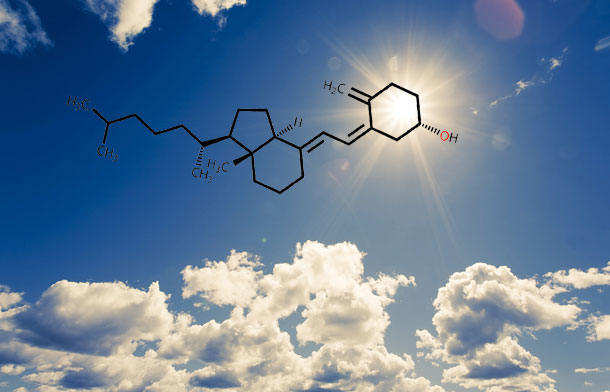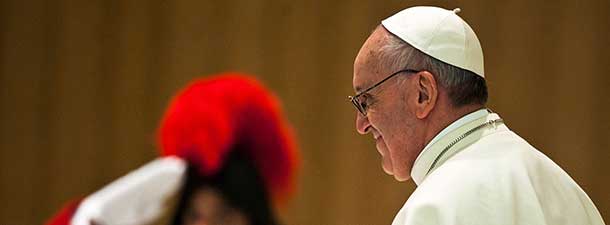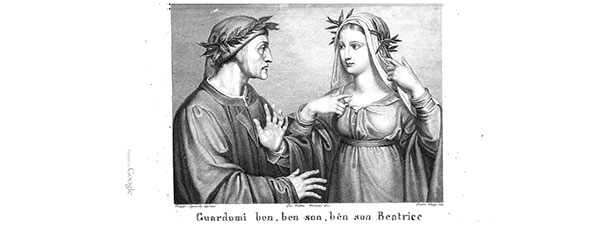
The Sunshine Vitamin
April 27, 2013
The Pope and the Other
June 1, 2013“And so with the sunshine and the great bursts of leaves growing on the trees, just as things grow in fast movies, I had that familiar conviction that life was beginning over again with the summer.
~ Scott Fitzgerald, The Great Gatsby ~
Ah, summer, what power you have to make us suffer and like it.
~ Russell Baker ~
April is the cruellest month, or so says T.S. Eliot. And indeed, it has been something of a cruel springtime in 2013 – from ominous sabre-rattling on the Korean peninsula, to collapsing (Bangladesh) or exploding (Texas, USA) factories, to a terrorist attack at the iconic Boston Marathon. Less shocking, if, at times, unsettling transitions have taken place as well – the death of Hugo Chavez and a (practically) unprecedented historic change at the Vatican, among others.
But summer does come. Camus spoke of the “invincible summer” of the human spirit – yet cannot that summer of the mind and heart be said to derive from our faith in the coming of summer – the dogged, unflagging, at-times battered, re-flowering of life that bursts forth in a dependable round, year to year? In this issue of Dante, we hope to usher in a less cruel summer than the spring that has just passed.
Summer is a time for a little lightness of being, and Austrian artist and sculptor Erwin Wurm, with his gimlet-eyed, yet humorous take on modern life, looks light-heartedly at some serious aspects of our culture. Reya von Galen talks with him as he is poised to receive the Grand Austrian State Award presented by the Ministry of Culture in his home country.
It is also travel season for a lot of people. In this month’s issue we shine some light on a couple of unusual destinations. Neil Geraghty describes a visit to the Tunisian Sahara, a deceptively familiar landscape ( major scenes in Star Wars were filmed in the town of Tataouine) that has a lot of surprises to offer. Italian journalist Alfredo Rossi, by contrast, offers us a glimpse of an almost wholly unknown land – the Democratic People’s Republic of Korea, better known as North Korea. With its young leader testing his strength in the world arena, Rossi’s photographs provide a rare look inside a closed kingdom.
And since its vacation season, it might be well to consider the subject of work. Mario Moniz Barreto gives us his musings on the current state of work and workers in the developed world: are we working too much for too little? And if so, how long can we go on before something has to give?
Of course, it is nice to just let things slide a bit, to take life easy in the summer. But on the other hand, we are still living in a fast-moving world. Events startle and shock us, demand our attention, our thoughts, our considered action.
Mattia Braida considers the surprising events in the Vatican earlier in the spring, when – for the first time in over 700 years – a pope voluntarily resigned his office. He recounts the selection of the new pope, Argentine cardinal Jorge Mario Bergoglio, now Pope Francis I, the first pope from the Americas. He enters office with hopes of renewal, but with a cloud hanging over him from his time as a high church official during the Dirty War in his country from 1976-83. Will this pope signal a new direction, a new lease on life for a church, battered by paedophile scandals worldwide and hints of corruption in the heart of the Vatican itself? Or will he support the status quo? Only time will tell.
Finally, Chris Kline brings some historical background and current political understanding to the Boston Marathon bombings carried out by two young Chechen brothers, Tamerlan Tsarnaev, 26, and Dzhokhar Tsarnaev, 19. Kline asks: “Why did two well educated, reasonably affluent immigrants of Chechen origins from Dagestan, one of them a naturalised American citizen, choose to unleash terror and murder on their adopted country?” Indeed, why? Why attack a country which has played no direct role in the on-going struggle of their compatriots, a country where by all accounts they and their family did relatively well? It is difficult to look at their pictures, at faces that look as though they could have come straight out of a Byzantine icon, and fathom what motivated them. As the trial of Dzhokhar Tsarnaev, the surviving brother, eventually gets underway, we hope some of these questions can be answered. But no trial can reveal to us how to bring peace to the pained and fragile human heart.
That question is the most difficult of questions and even as we all struggle with it, we hope and trust that you, our thoughtful readers of Dante will find that “invincible summer” within yourselves. And perhaps – as you enjoy our summer offerings in this tenth edition of Dante – a bit of “easy livin’” as well.




